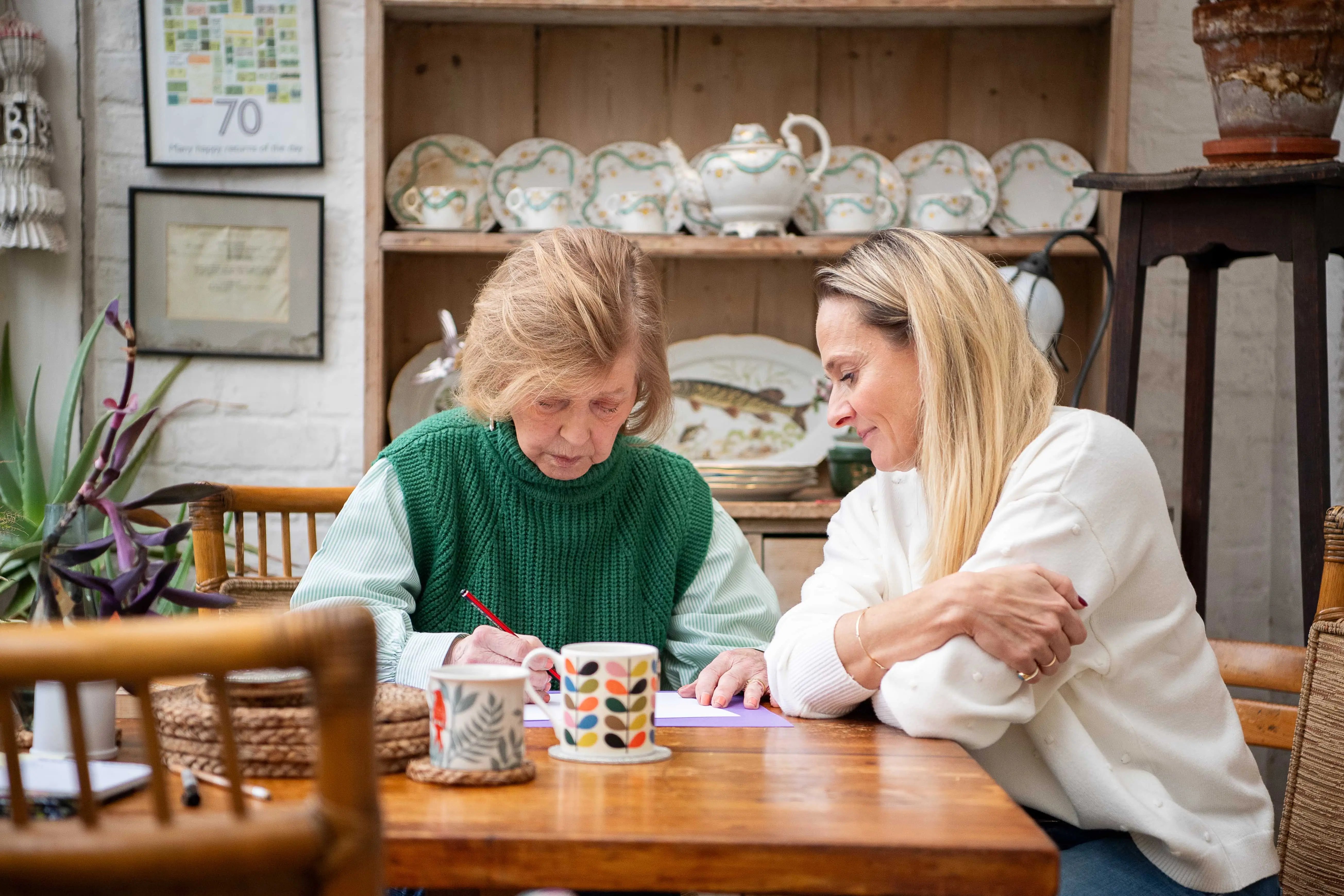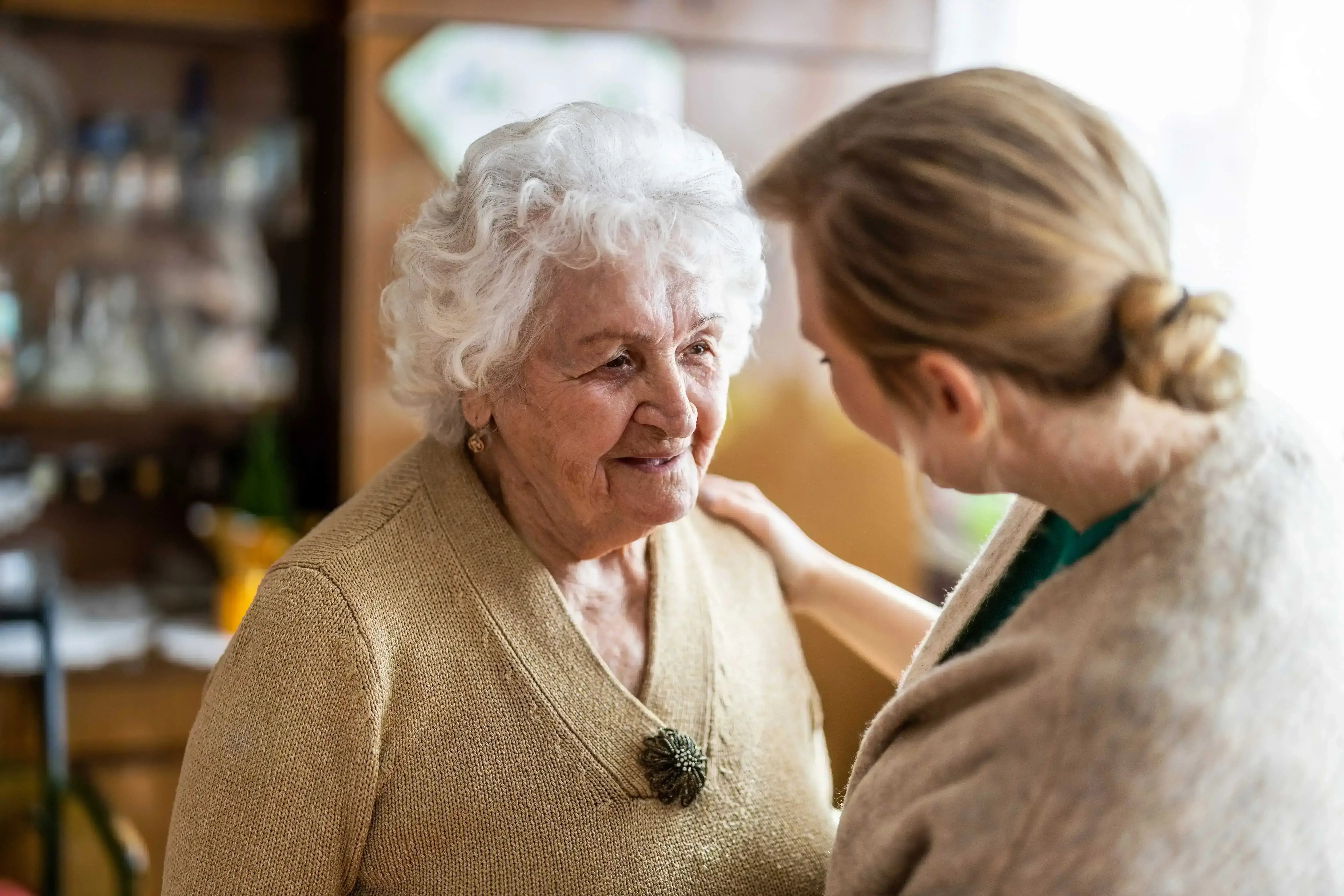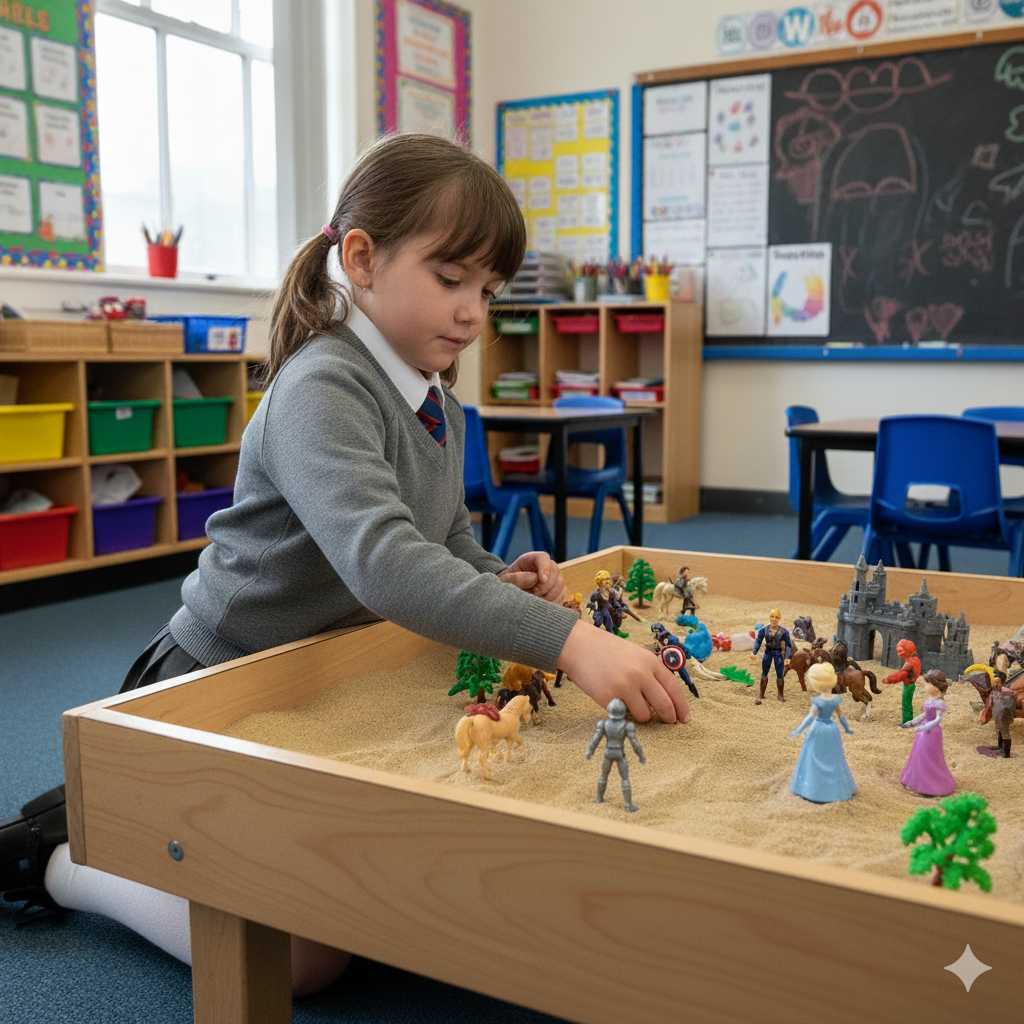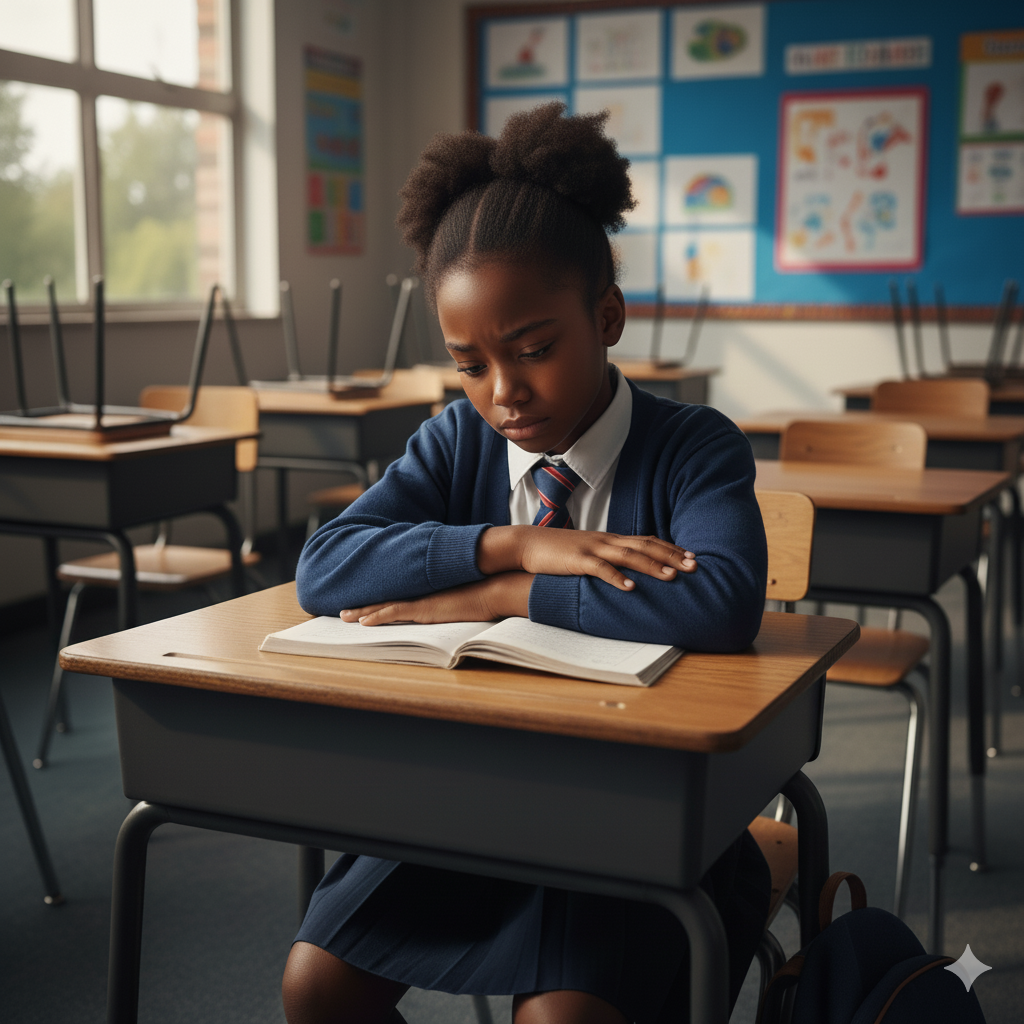An attachment-based therapeutic intervention
Drawing and Talking is a gentle, non-intrusive technique designed for professionals and carers who support older adults and their families experiencing emotional trauma and challenges in their emotional wellbeing and mental health.
As one of the leading alternatives to CBT or traditional talking therapies, our person centred approach focuses on creating secure relationships facilitating a safe and effective method of addressing emotional difficulties, particularly beneficial for older adults who may face challenges like isolation, anxiety, dementia or significant life changes.
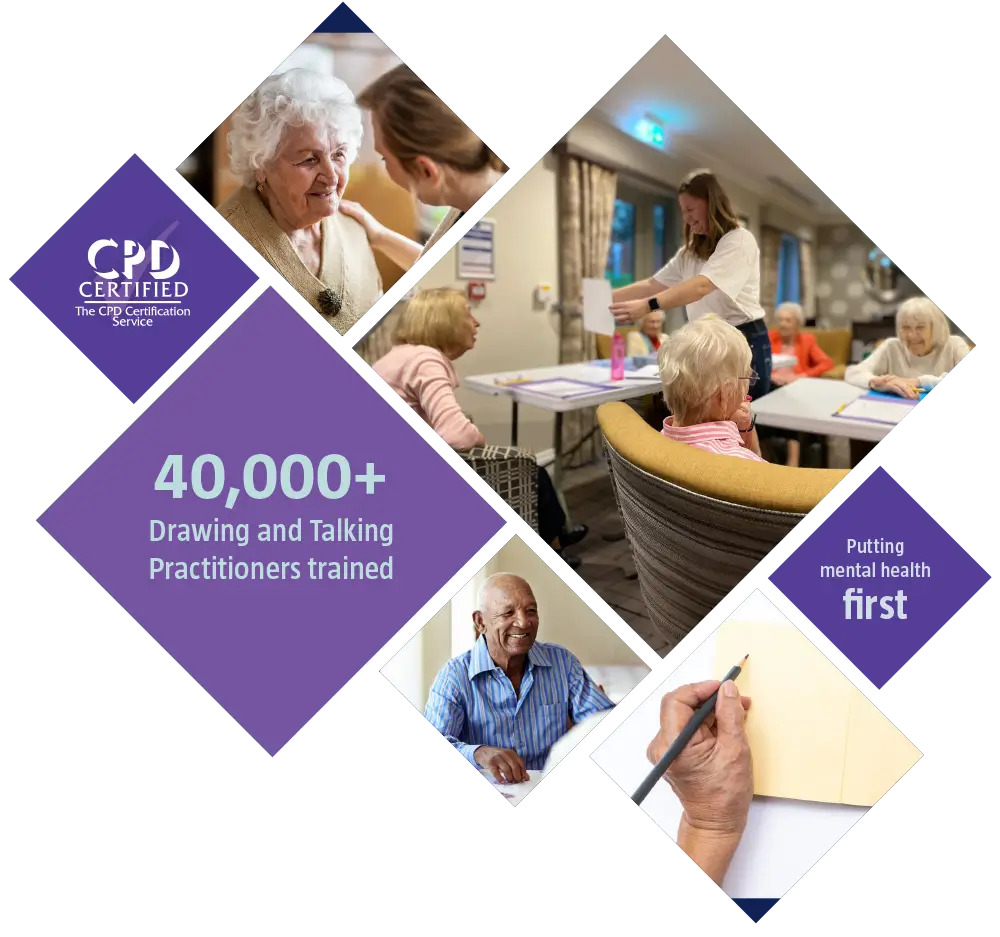

Learn more about how this therapeutic intervention can support you in your setting?
Drawing and Talking Therapy is the number one alternative to CBT and direct talking therapies, which can often be confronting or limiting in the processing of pain or trauma.


FREE WEBINAR – Introduction to Drawing and Talking
Are you interested in learning more about Drawing and Talking and how this therapeutic intervention can support you in your setting?
Join a 75-minute interactive Zoom conversation learning how the Drawing and Talking therapeutic technique is supporting childrens’ mental health in thousands of schools and exploring how easy it is to roll out in your school.
What is Drawing and Talking for Older Adults
Early intervention and support in mental well-being is vital for individuals of all ages. Emotional pain or trauma, if left unaddressed, can escalate into more severe mental health conditions.
Drawing and Talking allows individuals to discover and process emotions through a non-directed technique, setting it apart from existing solution-focused and cognitive-based therapies and interventions.
Drawing and Talking works with an adult's inner world, rather than their conscious, cognitive mind.
Trying to put ordinary verbal language to emotional pain, fear and anxieties can often be difficult and triggering. This can happen when a person addresses underlying emotional issues that might be impacting their overall well-being, social interactions, and quality of life.
Working with a person’s inner world needs to be carried out safely and non-intrusively, and with respect for their own pace and state of being. That is why anyone using Drawing and Talking learns to stay in the world of the drawing and to focus on creating safe and nurturing relationships.
Training delivered to anyone working with and caring for older adults
Care Homes
- Care home manager
- Dementia leads and assistants
- Wellbeing coordinator
- Activities coordinator
- Care coordinator
- Recreational therapist
- Support assistants
Social Services
- Resident care coordinator
- Agency care workers
- Community mental health teams
- Memory care coordinator
- Nursing assistant
- Transition to residential care teams
NHS & Health Care
- Community nurses
- Geriatric nurse
- Dementia care specialist
- Behavioural specialist
- Counsellors and therapists
- Occupational therapist
- Speech-Language therapist
How does Drawing and Talking Therapy support the emotional wellbeing of Older Adults?
- Non-Invasive and Gentle: This therapy offers a non-confrontational approach, which is especially beneficial for older adults who may be more sensitive or less comfortable with direct talking therapies. The act of drawing in a relaxed environment allows them to process emotions symbolically without the pressure of articulating ‘why’.
- Processing Past Traumas and Life Transitions: Older adults often have a wealth of life experiences, including past traumas and significant life transitions. Drawing and Talking Therapy helps them process these experiences at their own pace, fostering emotional healing and resolution.
- Combating Loss, Isolation and Loneliness: The versatility and nature of one-to-one or group therapy creates a sense of connection and understanding, which can be crucial for older adults who may experience feelings of isolation or loneliness. This therapeutic relationship provides them with a safe space to express themselves and feel heard without judgement.
- Attachment and Emotional Stimulation: Attachment has been described as ‘an affectionate bond between two individuals that endures through space and time and serves to join them emotionally’ (Fahlberg 1994, p14) and is a relational process linked to basic human survival. For people living with dementia, those deeply held and felt attachments help reduce stress, give comfort and create calm.
- Empowering Self-Expression and Creativity: Drawing and Talking Therapy empowers older adults to explore and express their creativity, which can boost self-esteem and provide a sense of accomplishment and joy.
- Adaptability to Individual Needs: The therapy is adaptable to the individual’s physical and cognitive abilities, making it inclusive for older adults with varying levels of ability and health conditions.
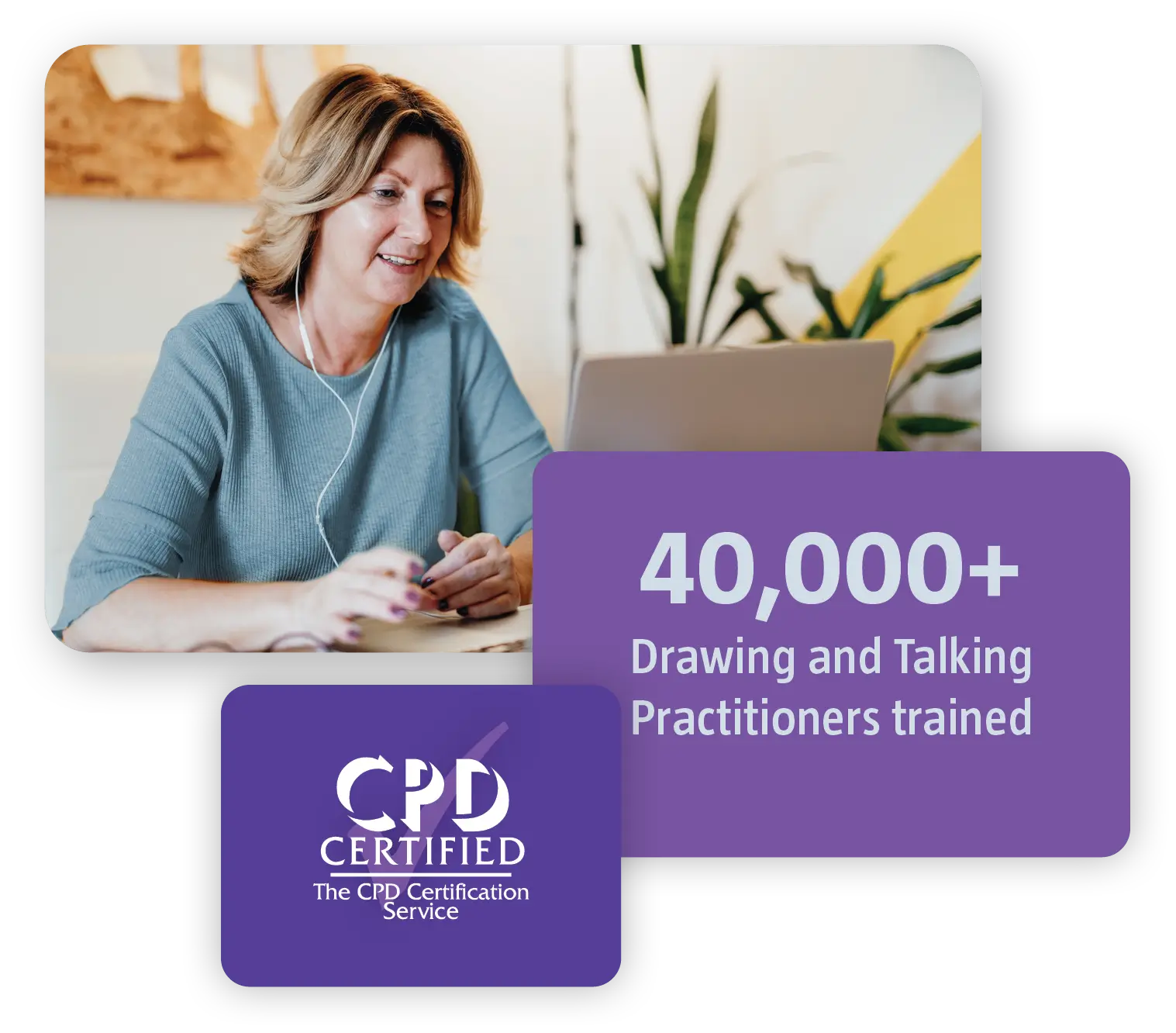
How Can Drawing and Talking Therapy Help Carers?
Supporting carers is crucial in enhancing carer well-being, and learning to deliver Drawing and Talking offers a powerful tool in this endeavour. This flexible therapeutic approach, adaptable for one-to-one or group sessions, allows carers to process their emotions at their own pace. It’s more than just drawing; it’s creating a safe space for emotional exploration and articulation, addressing the feelings of loss and isolation that are often part of a carer's experience. As a professional, you can facilitate this journey, providing a sanctuary where carers’ emotional health is prioritized and nurtured.
Drawing and Talking training for professionals is comprehensive, equipping you to implement this method effectively, whether in person or online. By mastering this technique, you not only add a valuable tool to your skill set but also provide a pathway to emotional well-being that is both empathetic and empowering for carers. This approach honors their dedication and contributes significantly to their emotional resilience and overall quality of life
Training courses for professionals caring for older adults
We work with professionals and carers to promote mental health training for Social Services, care homes, NHS, charities and volunteers, hospices, agency professionals.
See some of the training courses below:
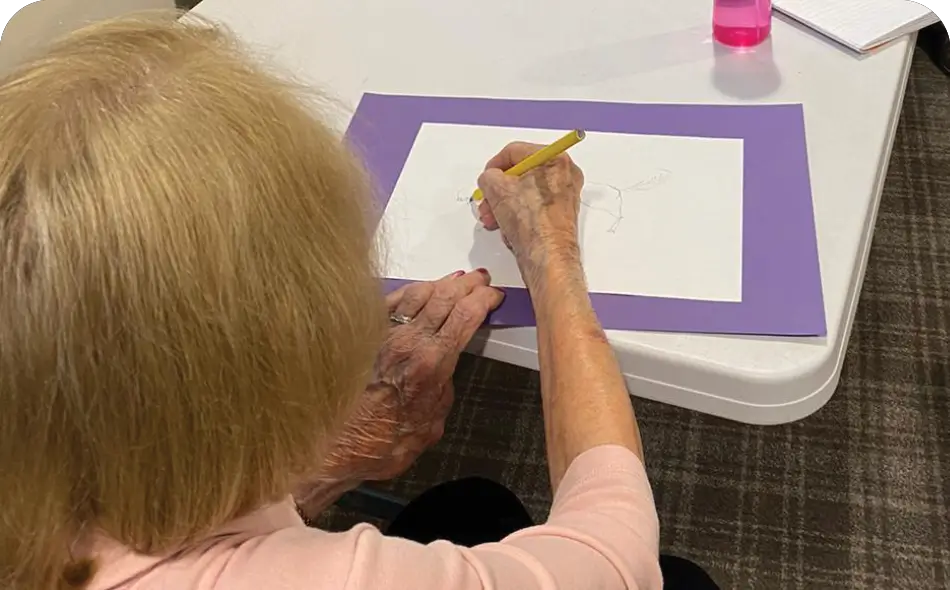
Foundation to Drawing and Talking for Older Adults
This one-day programme equips participants to deliver 1-to-1 Drawing and Talking sessions, focusing specifically on older adults.
1 day (9.00am to 3.30pm)
£299 + VAT (per delegate)
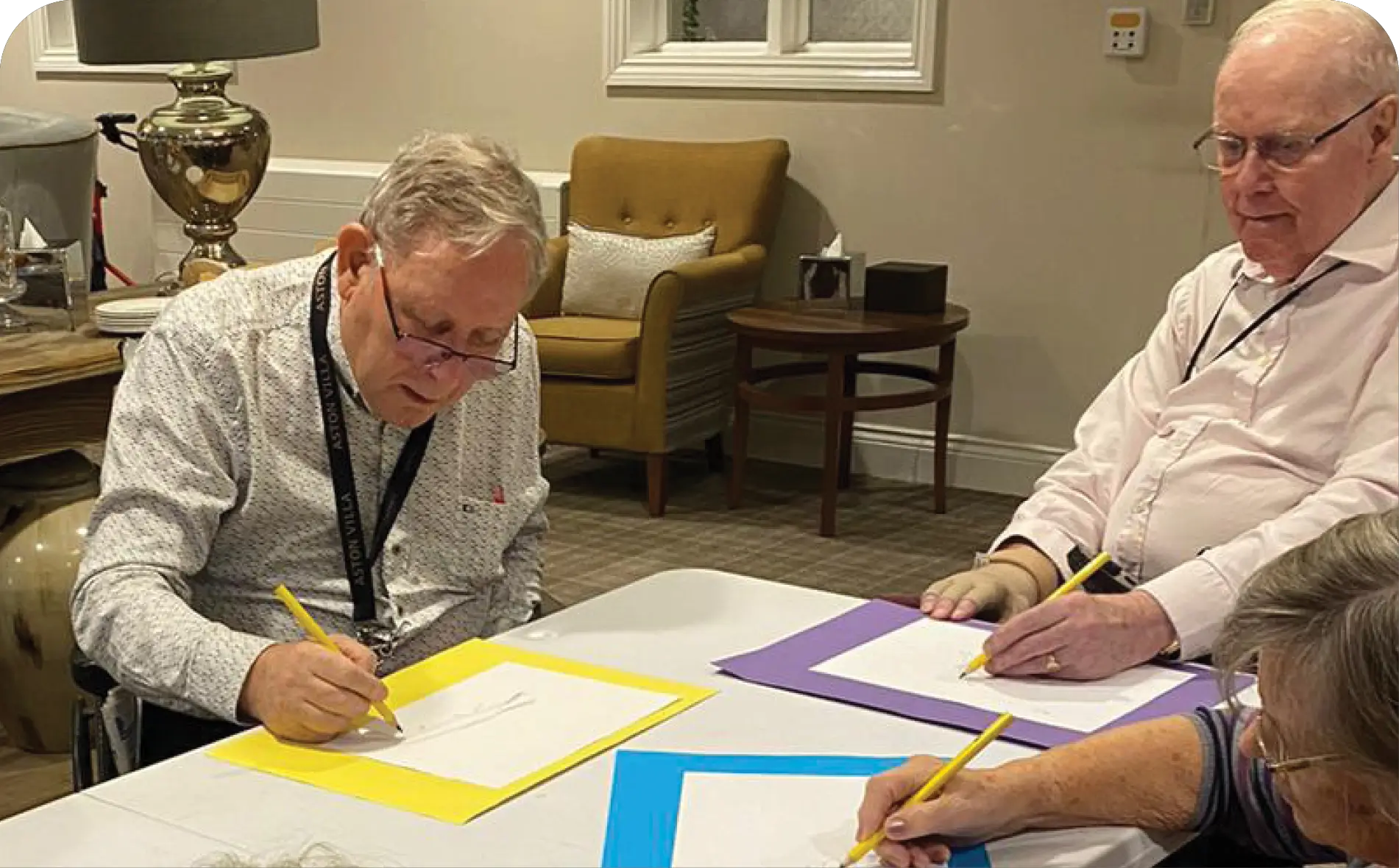
Advanced Group Work for Older Adults
1 day (9.00am to 3.30pm)
£325 + VAT (per delegate)
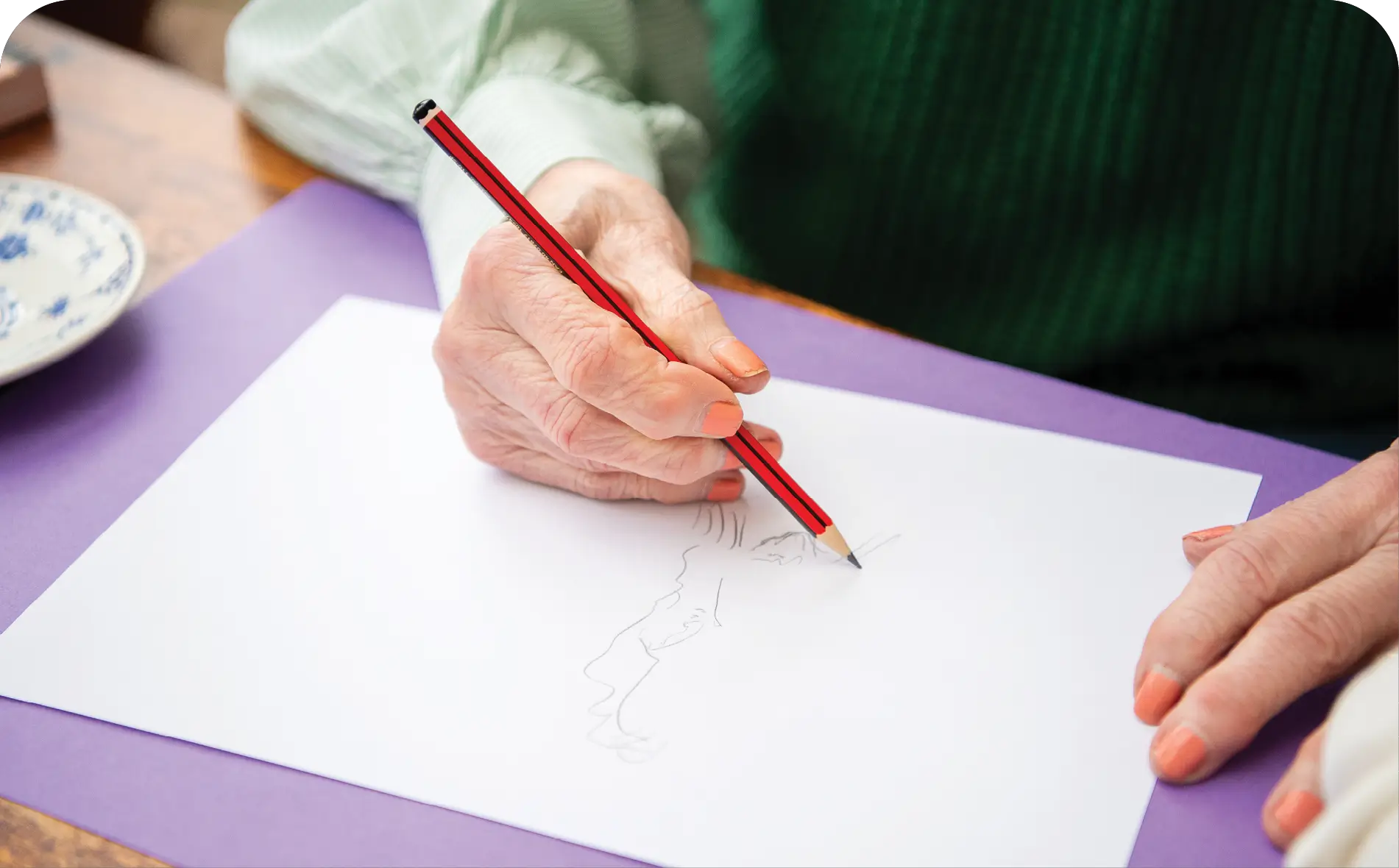
Review Your Drawing and Talking Practices
Following the training you will have up-to-date knowledge of risks to adults, safeguarding trends and safeguarding adults procedures.
Following the training you will have up-to-date knowledge working with older adults and topics such as dementia.
2 hours
£80 + VAT (per delegate)
Mental Health Hub training courses
We work in affiliation with the Mental Health Hub to provide additional courses.
See some of the MHH training courses below:
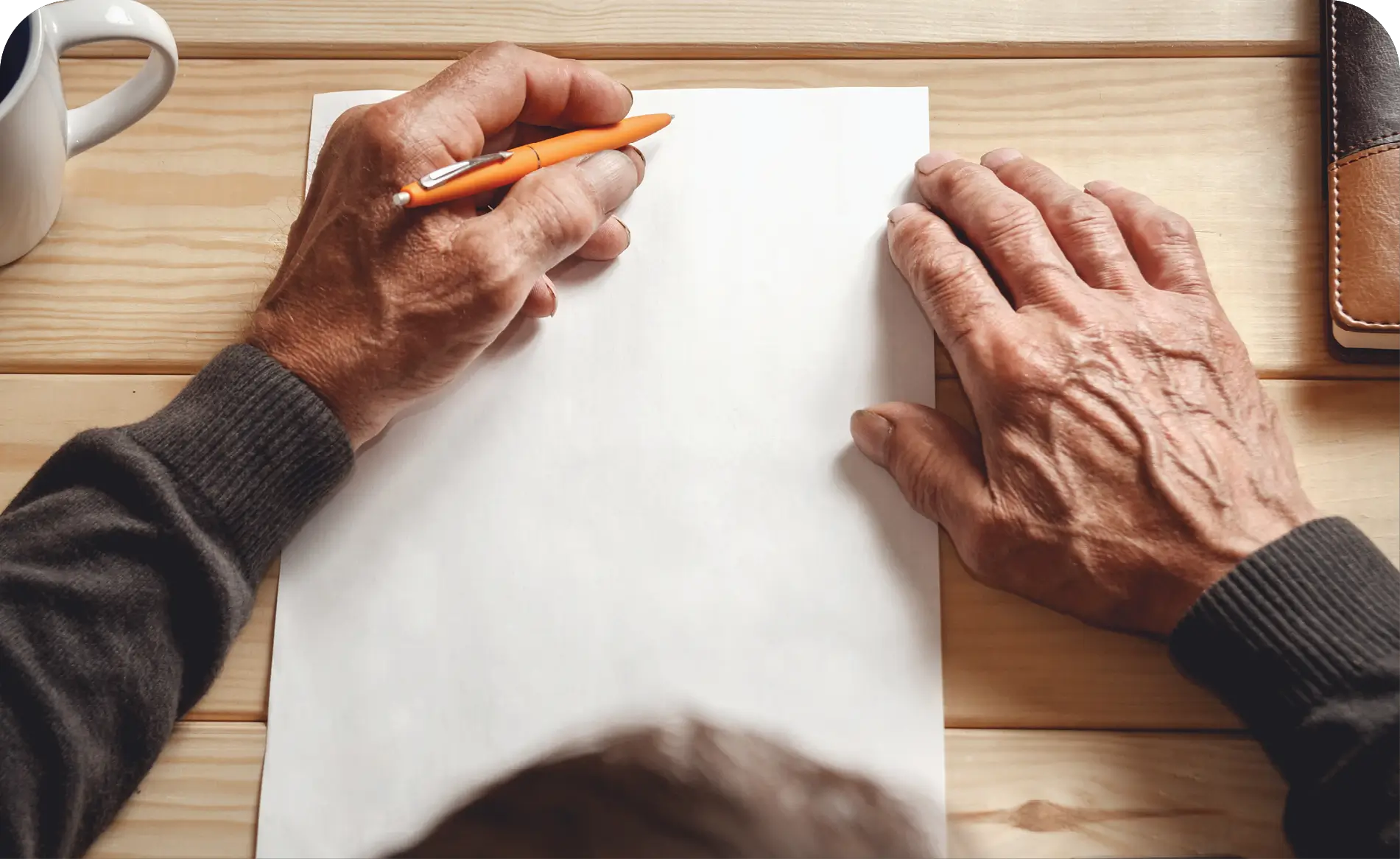
A Jungian Approach to Healing through Art
In this course, we delve into the world of the psyche and psychic powers of self-healing. We begin to unfold the deeper principles.
3 hours
£80
TESTIMONIAL
We do use a number of therapy methods at school, but without a shadow of a doubt Drawing and Talking is by far the most effective.
Nicola Furey – Nurture Leader
We do use a number of therapy methods at school, but without a shadow of a doubt Drawing and Talking is by far the most effective.
Nicola Furey – Nurture Leader
We do use a number of therapy methods at school, but without a shadow of a doubt Drawing and Talking is by far the most effective.
Nicola Furey – Nurture Leader
Latest news
December 29, 2023
December 29, 2023

